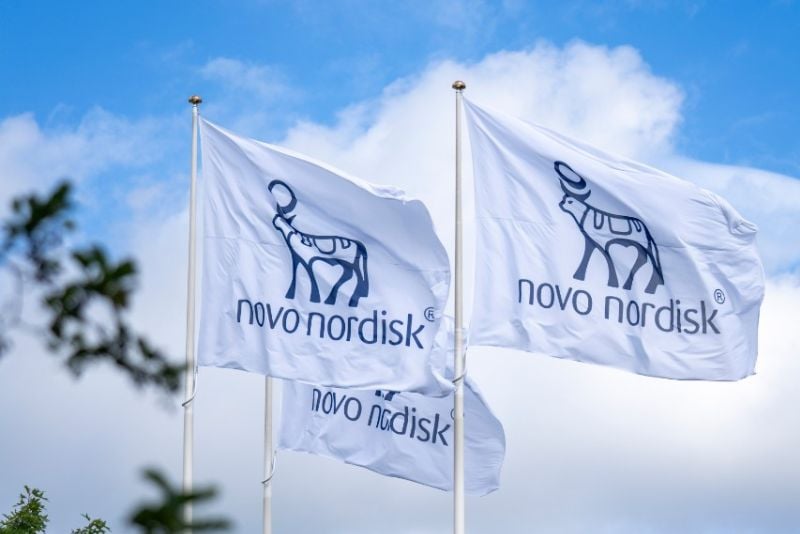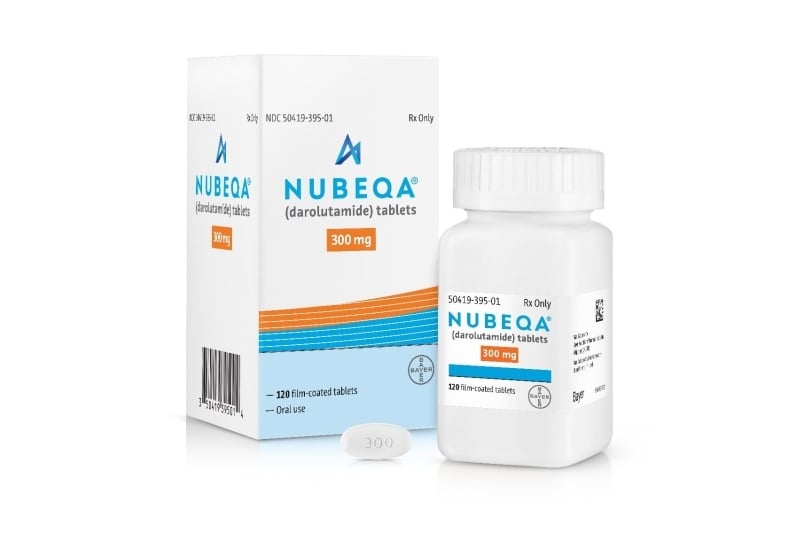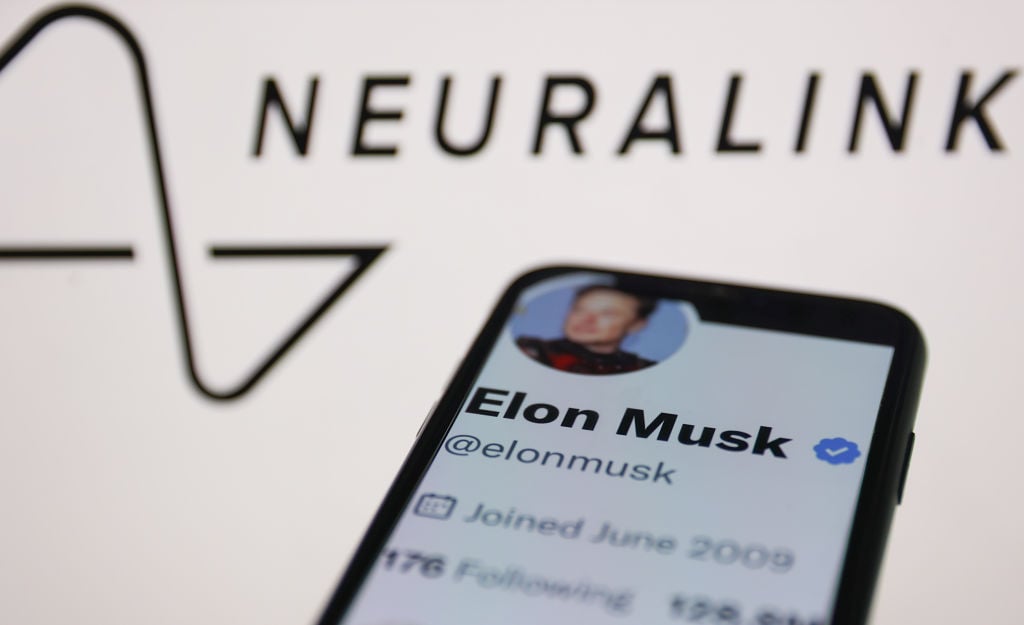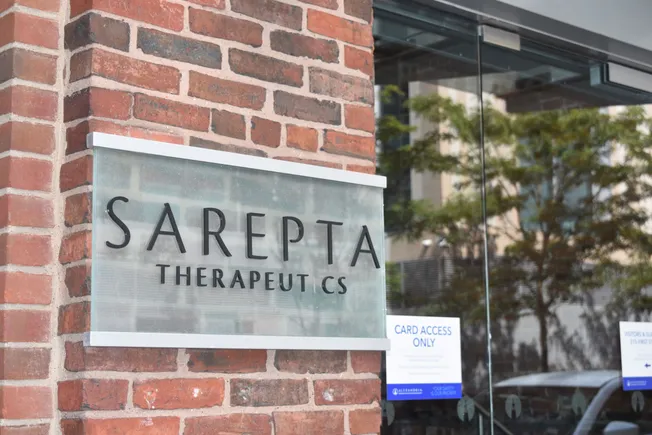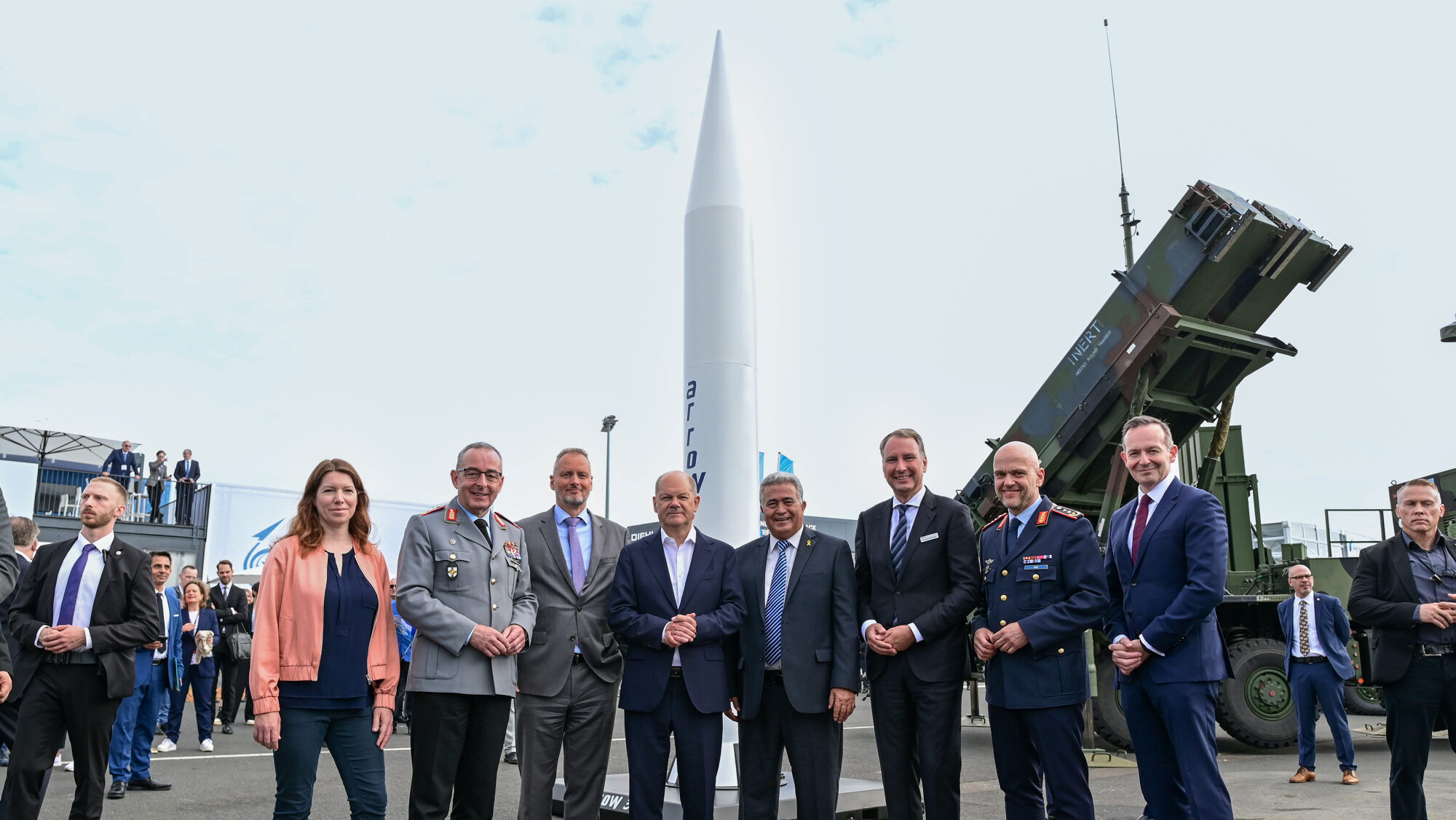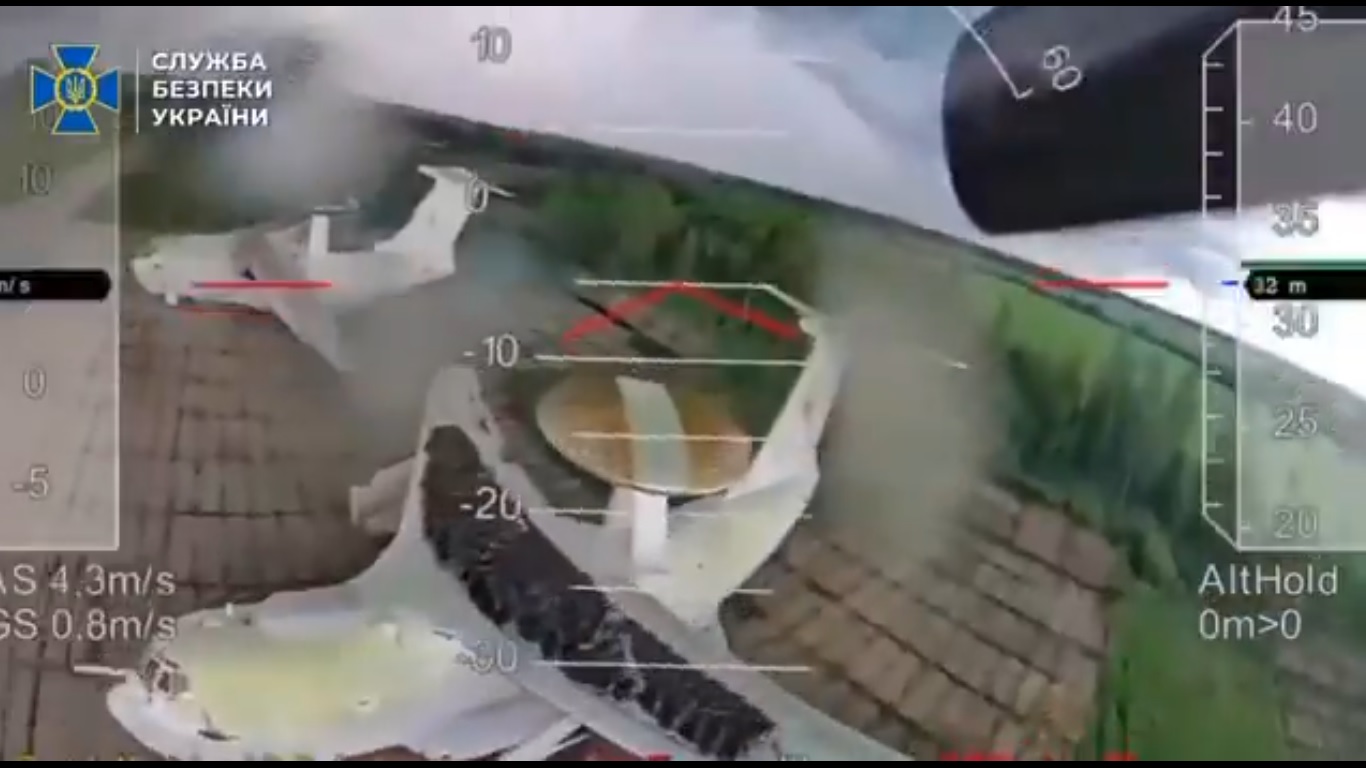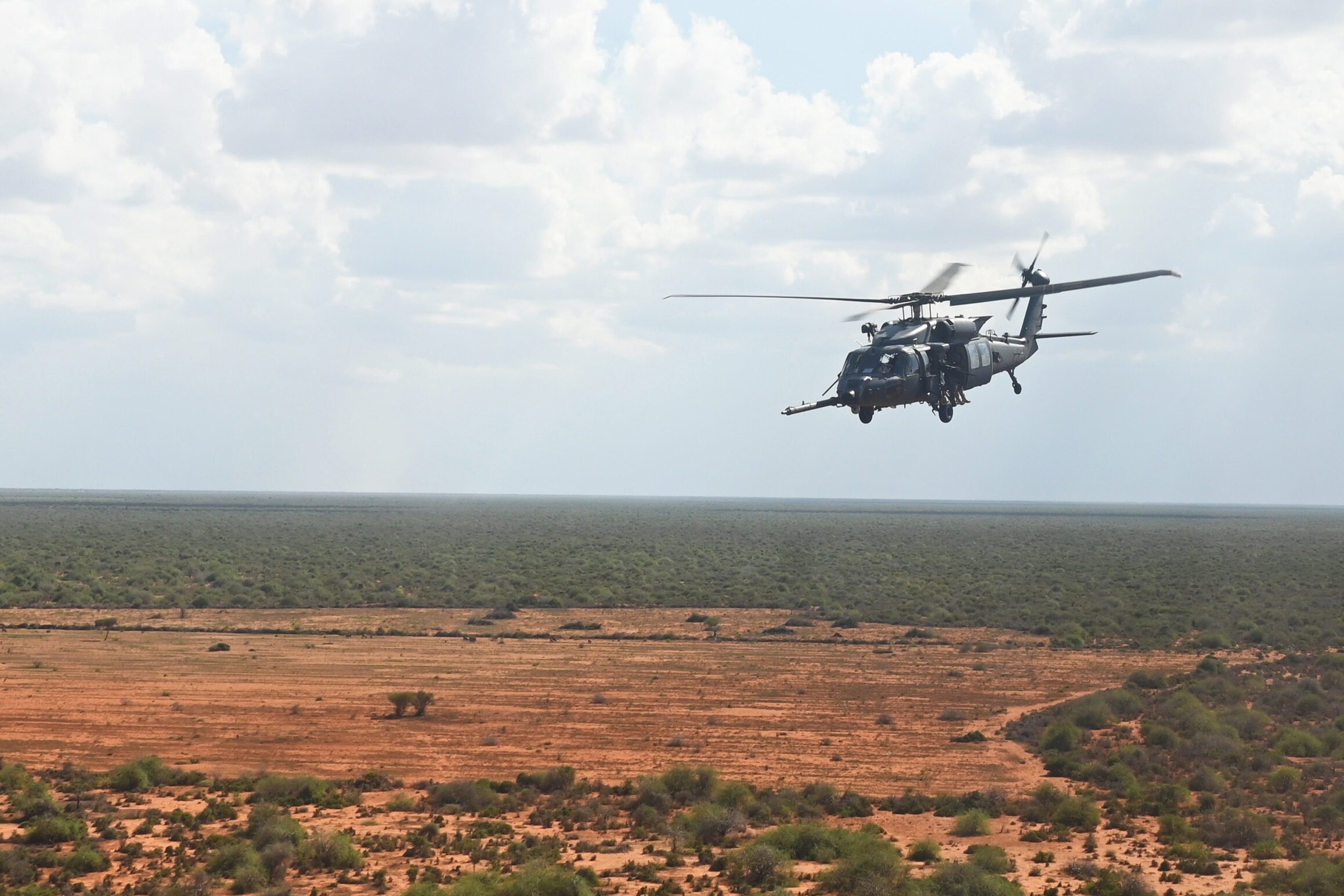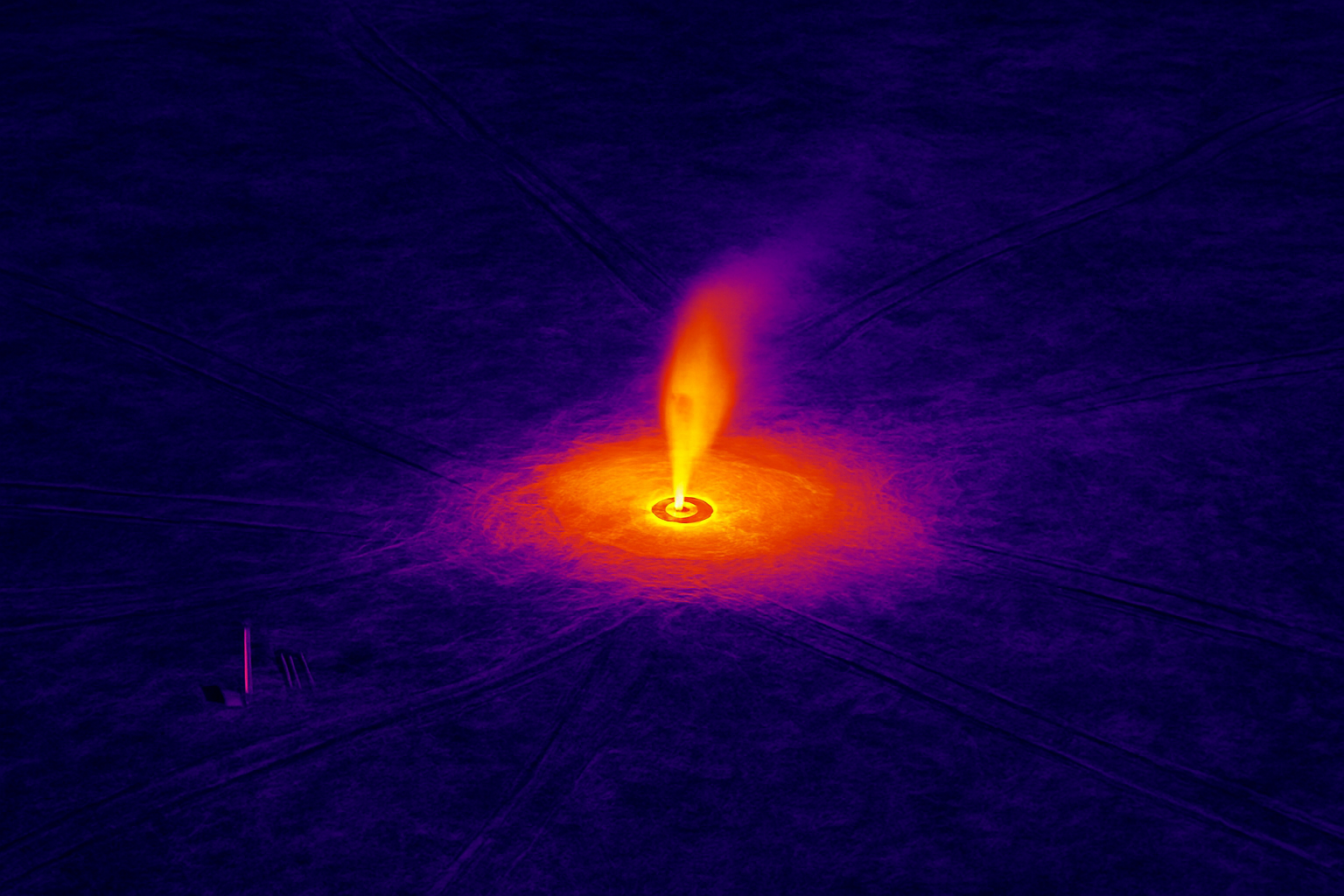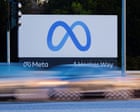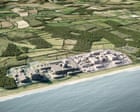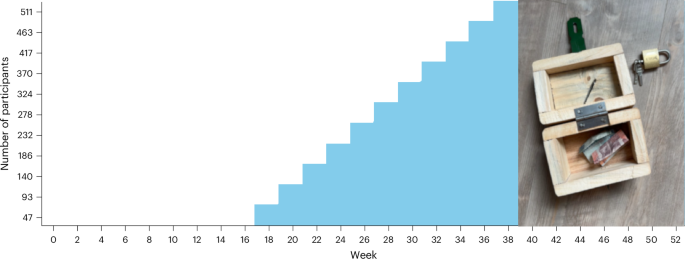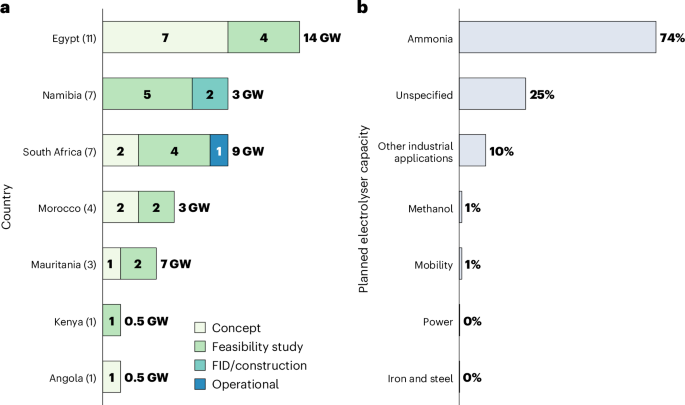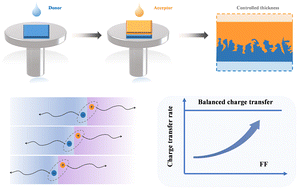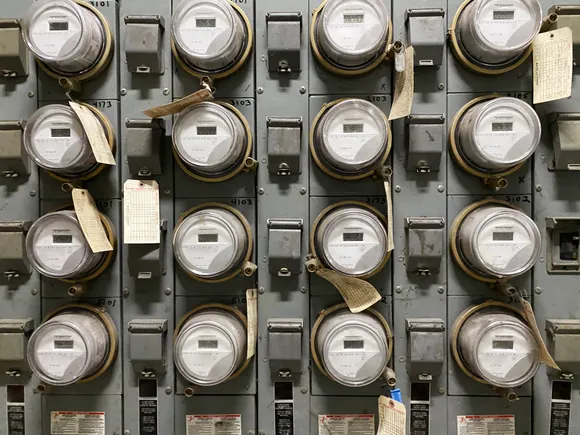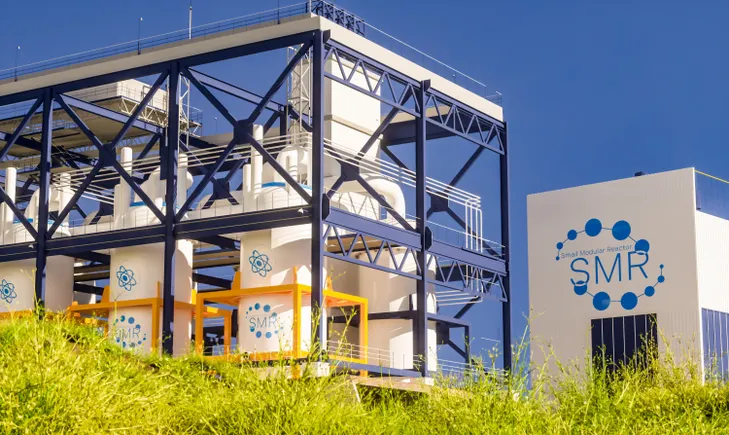Immunosuppressive Formulations for Immunological Defense against Traumatic Brain Injury
Advanced Healthcare Materials, EarlyView.

A novel subcutaneous formulation combining alpha-ketoglutarate, glycolysis inhibitor PFK15, and a myelin peptide reduces inflammation in a mouse TBI model. This formulation promotes regulatory immune cells, enhances autophagy, and improves motor function, suggesting its potential as a prophylactic immunosuppressive therapy to mitigate TBI-induced neuroinflammation and neurodegeneration.
Abstract
Traumatic brain injury (TBI) and subsequent neurodegeneration is partially driven by chronic inflammation both locally and systemically. Yet, current clinical intervention strategies do not mitigate inflammation sequelae necessitating the development of innovative approaches to reduce inflammation and minimize deleterious effects of TBI. Herein, a subcutaneous formulation based on polymer of alpha-ketoglutarate (paKG) delivering glycolytic inhibitor PFK15 (PFKFB3 inhibitor, a rate limiting step in glycolysis), alpha-ketoglutarate (to fuel Krebs cycle) and peptide antigen from myelin proteolipid protein (PLP139-151) is utilized as the prophylactic immunosuppressive formulation in a mouse model of TBI. In vitro, the paKG(PFK15+PLP) formulation stimulates proliferation of immunosuppressive regulatory T cells and induces generation of T helper-2 cells. When given subcutaneously in the periphery two weeks prior to mice sustaining a TBI, the formulation increases frequency of immunosuppressive macrophages and dendritic cells (DCs) in the periphery and the brain at day 7 post-TBI and by 28 days post-TBI enhanced PLP-specific immunosuppressive cells infiltrate the brain. Immunohistology measurements of neuroinflammation are altered 28 days post-TBI, spatial proteomics reveals evidence of enhanced autophagy in the injury penumbra, and the active formulation improves motor function. Overall, these data suggest that the TBI immunosuppressive formulation successfully induces an anti-inflammatory profile and decreases TBI-associated inflammation.




























![New York City Officially Has Mechanical Garbage Trucks Now [Update]](https://www.jalopnik.com/img/gallery/new-york-city-officially-has-mechanical-garbage-trucks-now/l-intro-1749064637.jpg?#)



























